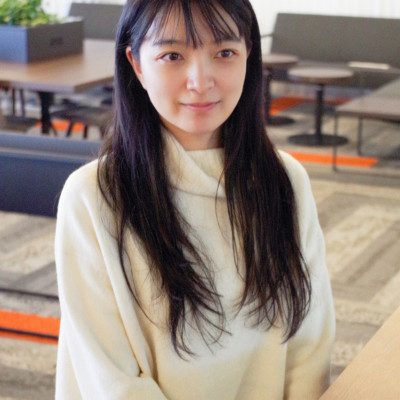Sessions / Panel presentation
Negotiating Power, Agency and Authorship: AI Literacies Through a Critical Digital Literacy Lens #4174
This paper examines the AI interactions of students through the lens of Critical Digital Literacy (Darvin &Hafner, 2022; Darvin, 2017; Pangrazio, 2016) to gain insight into the ways students negotiate notions of power structures, agency, ideologies and inequalities of resources. While previous research on AI and academic practices have addressed the tensions and challenges associated with AI mediated writing, little attention has gone out to how this collaboration with AI as part of students’ academic practices reveals how students conceptualize critical aspects of their AI use. Instead of taking either student or AI as the focus of investigation, this paper focuses on how students conceive of power, agency, ideology and inequalities as mediated through the interaction with AI. Analyses of reflective video diaries were combined with focus group interviews with 20 undergraduate students in China to gain insight into their subject positions toward AI. The findings reveal a complex negotiation of agency, trust, and authorship, as students critically assess AI outputs, and concede to or reject power structures and ideologies invoked by the output of AI. These student-informed inferences of critical conceptions of ‘AI literacies’ provide important insights for pedagogical design and curriculum development.
Game-Based Language Learning: Different Genres, Different Opportunities to Learn #4162
A growing body of research demonstrates that playing games can facilitate foreign language learning in various ways. However, not all games are created equal. The games that appear most promising for language education generally present ample opportunities for learner-players to process or produce language. These games can be categorised into different genres, each of which feature distinct characteristics and involve specific sets of gameplay elements that may have significant implications for language learning outcomes (Peterson, 2013; Reinhardt, 2019). In this presentation, a panel of game-based language learning specialists will present their different research perspectives on the learning opportunities afforded by digital and analogue games of several different genres, including Minecraft (a sandbox survival game), Life is Strange (a narrative choice role-playing game), Keep Talking and Nobody Explodes (a cooperative puzzle game), and others. Panelists will also discuss the benefits and drawbacks of integrating such games into the language classroom, as well as strategies that CALL practitioners may use to supplement game-based activities in order to enhance learning outcomes. Additionally, the gamification of regular language learning tasks in order to increase learner engagement and motivation will also be considered. Input and questions from the audience will be welcomed after the discussion.






